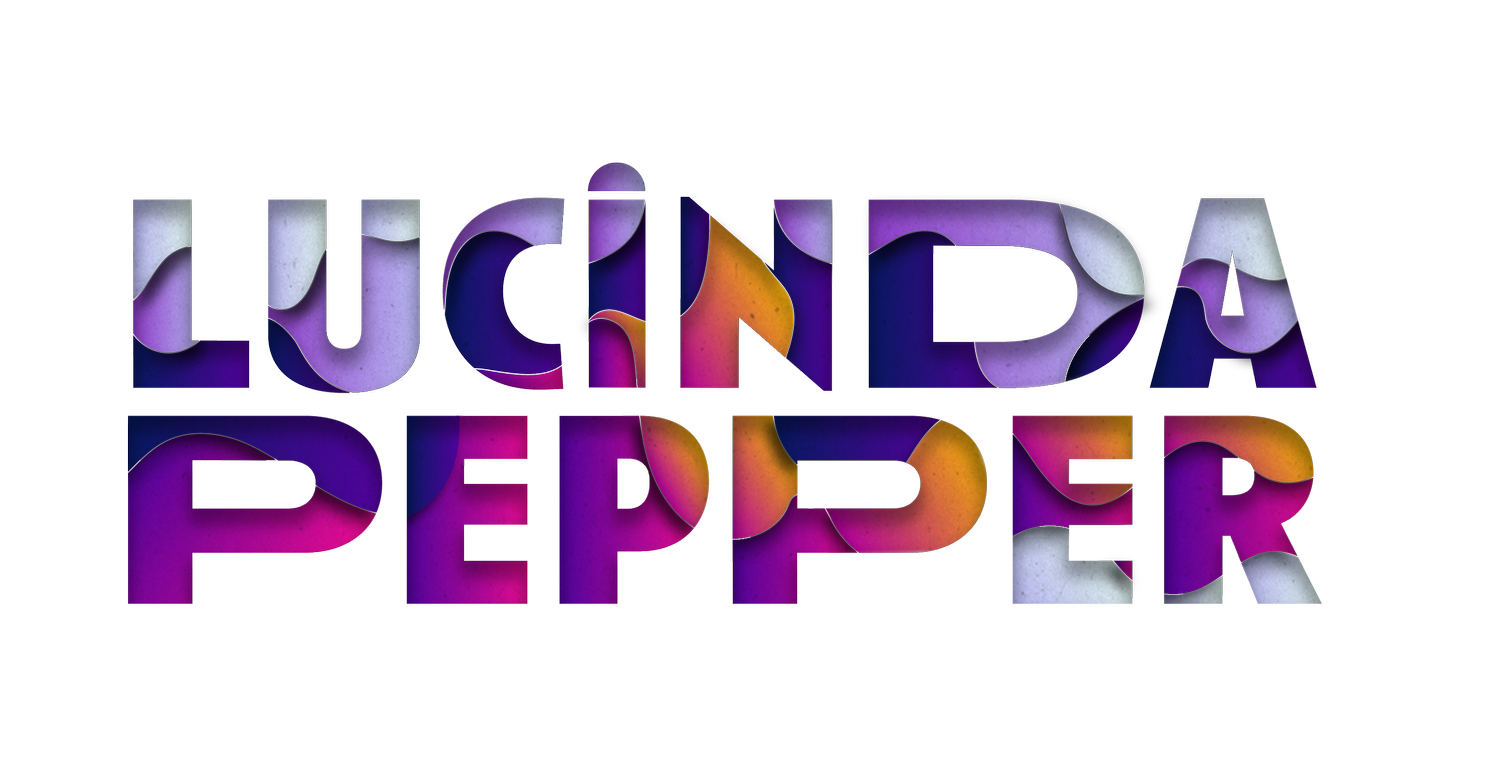What Microaggressions & Critical Self-Talk Have In Common
Let’s talk about what overly critical self-talk and microaggressions have in common:
First of all, they both happen regularly.
Second of all, they involve language that is built around stereotyping and judgment - snap judgments, flash judgments.
Third, there’s usually very little space in between the impulse to speak hypercritical self-talk to ourselves and the impulse to judge somebody that we see by using microaggressive language that’s built on stereotyping and judgment.
When we are going to have a negative thought about ourselves or about somebody else, oftentimes the impulse comes up and just as quickly the action happens. There’s very little space in between the impulse and the action. And all of that is signaling, is telling us that in the nervous system of the person who is either talking negatively to themselves or talking in a stereotyping and judgemental way about somebody else, that they’re in a place in their nervous system where there’s not a lot of tolerance. The impulse arises and then the action takes place without a pause to reflect on what this impulse is, and a pause to reflect on what do I want to do with this impulse? What do I want to do with that information? What kind of insight can I glean from this information that my system is giving me?
And when we don’t have the space between impulse and action, we can end up taking actions that then snowball into unintended consequences very quickly.
Because when one action gets taken without a lot of thought, there’s bound to be a reaction, and without that pattern changing, without space becoming available and a self-reflective nature being triggered for the person doing the acting, it can very easily happen that one microaggressive comment turns into another, turns into another, and pretty soon you have full-out attacking happening of somebody who’s different than the person who’s speaking.
Or in the example of negative self-talk, when one negative thought, or a thought rooted in negative self-regard pops up, it can lead very quickly to another, and another, and another and before you know it we can find ourselves in this kind of snowball cycle of negative self-talk. And in that snowball cycle of negative self-talk, there’s very little distance between the words and the beliefs.
So again, we’re in this place where there’s not a lot of space, not a lot of pause and reflection happening, so the snowballing that happens internally is that we move very quickly from repeating words and phrases against ourself that hold a negative connotation, to believing that those words and phrases are true, and then we make meaning out of that.
So in the case of microaggressions, we make meaning that the other person, in their essence, in their existence, is wrong or bad. And in the case of negative self-talk, we make the meaning that we are wrong or bad.
One of the reasons we need to practice interrupting these forms of violence is because practicing gives us some tools and with those tools we can create space in between our actions and our impulses.We can actually stop the snowballing of violence, internal and external. We can stop the violent snowballing of microaggressions and negative self-talk when we practice interrupting it by using some tools, like the tools that I offer in my guide 10 Ways to Reclaim Self-Belonging.
One tool that is in my guide that we can use in these instances is Observe Yourself. Really just take a moment to try to catch yourself in the flow of those overly critical thoughts. Use a recording device or writing utensil (or your computer or smartphone keyboard) to make a record of what those thoughts are, what those words are that you’re choosing to use against yourself. Because simply by writing them down, taking the action of writing them down, you’re slowing that process down enough that you’re actually catching these thoughts and creating a little space around them. And that slowing down means you’ll be less likely to jump to action, belief, and meaning.
The same is true with other people. If you’re finding that you’re saying things that could be classified as microaggressions towards people who are different than yourself- whether you’ve been called out on those things or called in on those things or you have just caught them yourself - and kind of sat back with a little bit of shame and horrified feeling about what came out of your mouth, well, that’s again a great opportunity to slow down the process by writing them down or recording them.
I really urge you to record them in written form rather than in verbal form, because the act of taking something that’s in your mouth or in your mind, and translating it to writing (pen and paper, or even typing) causes you to have to slow down enough so that it again kind of encapsulates that moment in more space than it would otherwise have, allowing you to pause and to really see, feel and sense the impact of those words. And that pause can carry you into a pause before action, before belief, and before meaning.
Even if these violent words that you say to yourself or you say to other people are words that you’ve been saying for a long time - it doesn’t matter if it’s been years - it is still possible to change. It is still possible to interrupt that violence that you are doing against yourself or against somebody else, and create a new pattern of communication. A new pattern of impulse, action, belief, and meaning.
(You can listen to me speaking this download on my YouTube channel)
